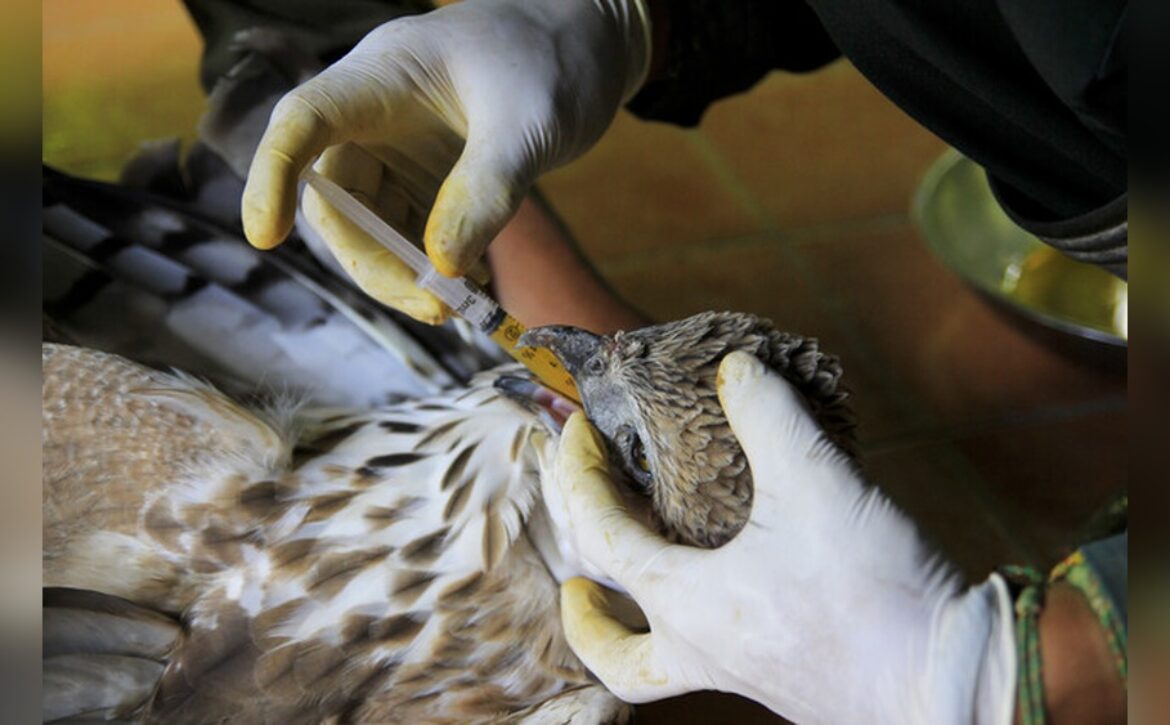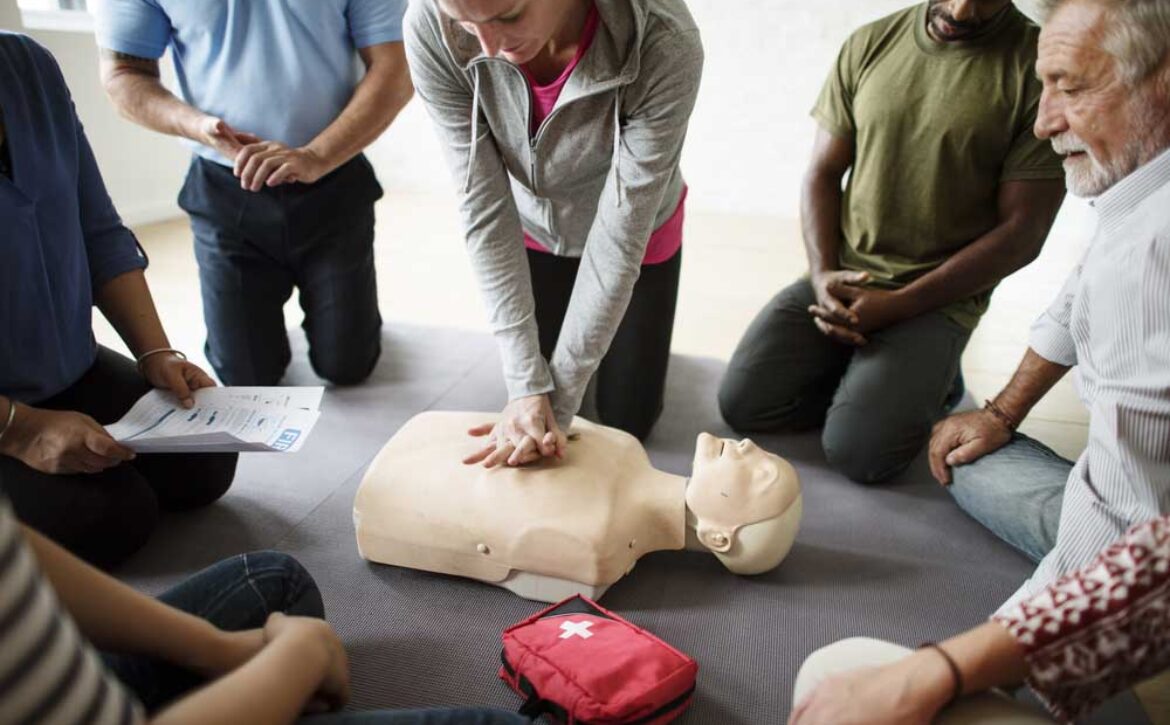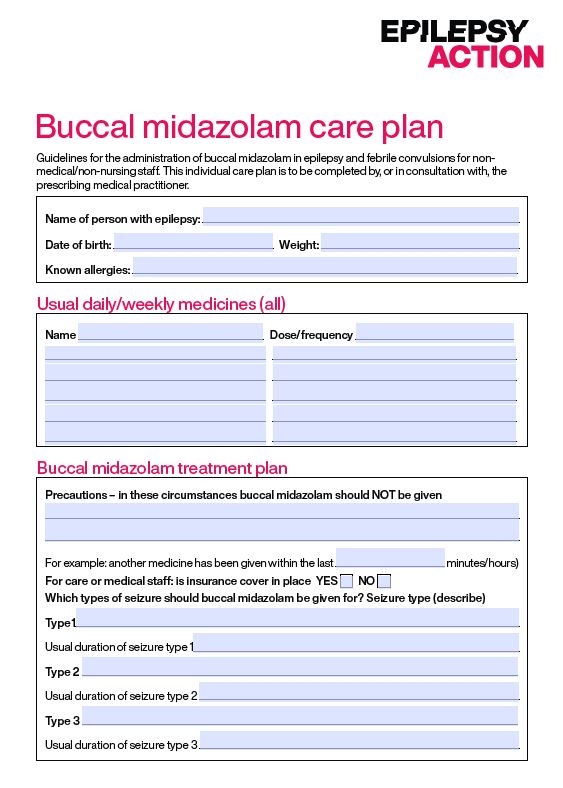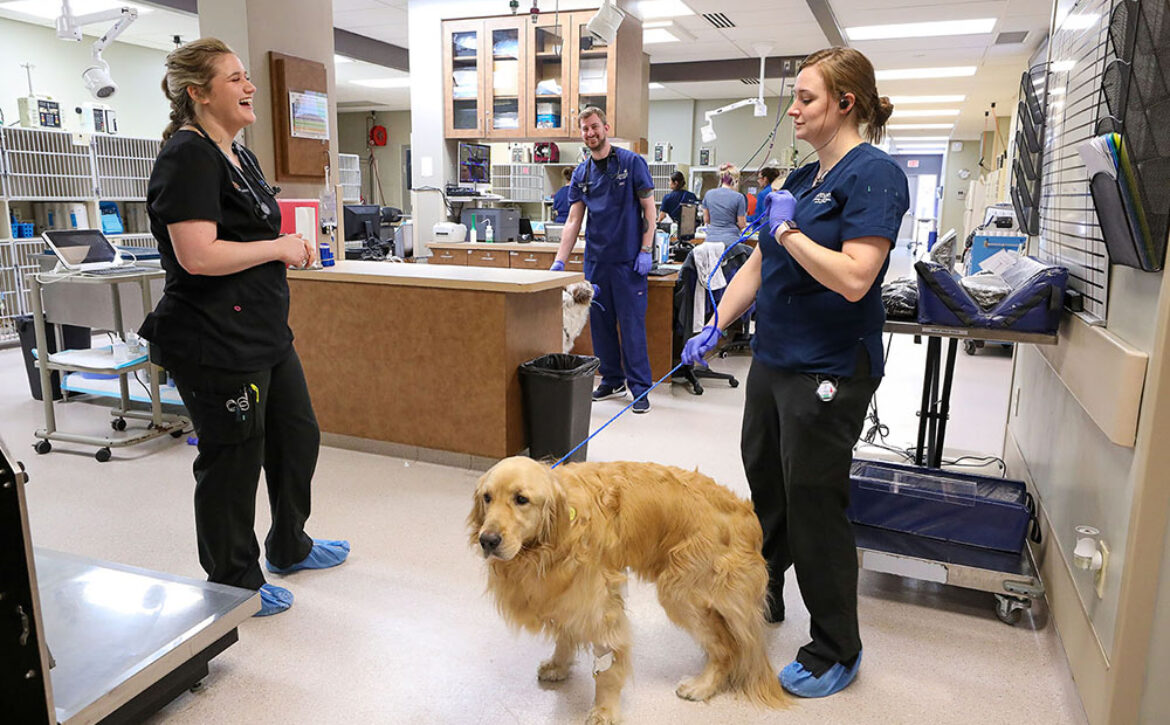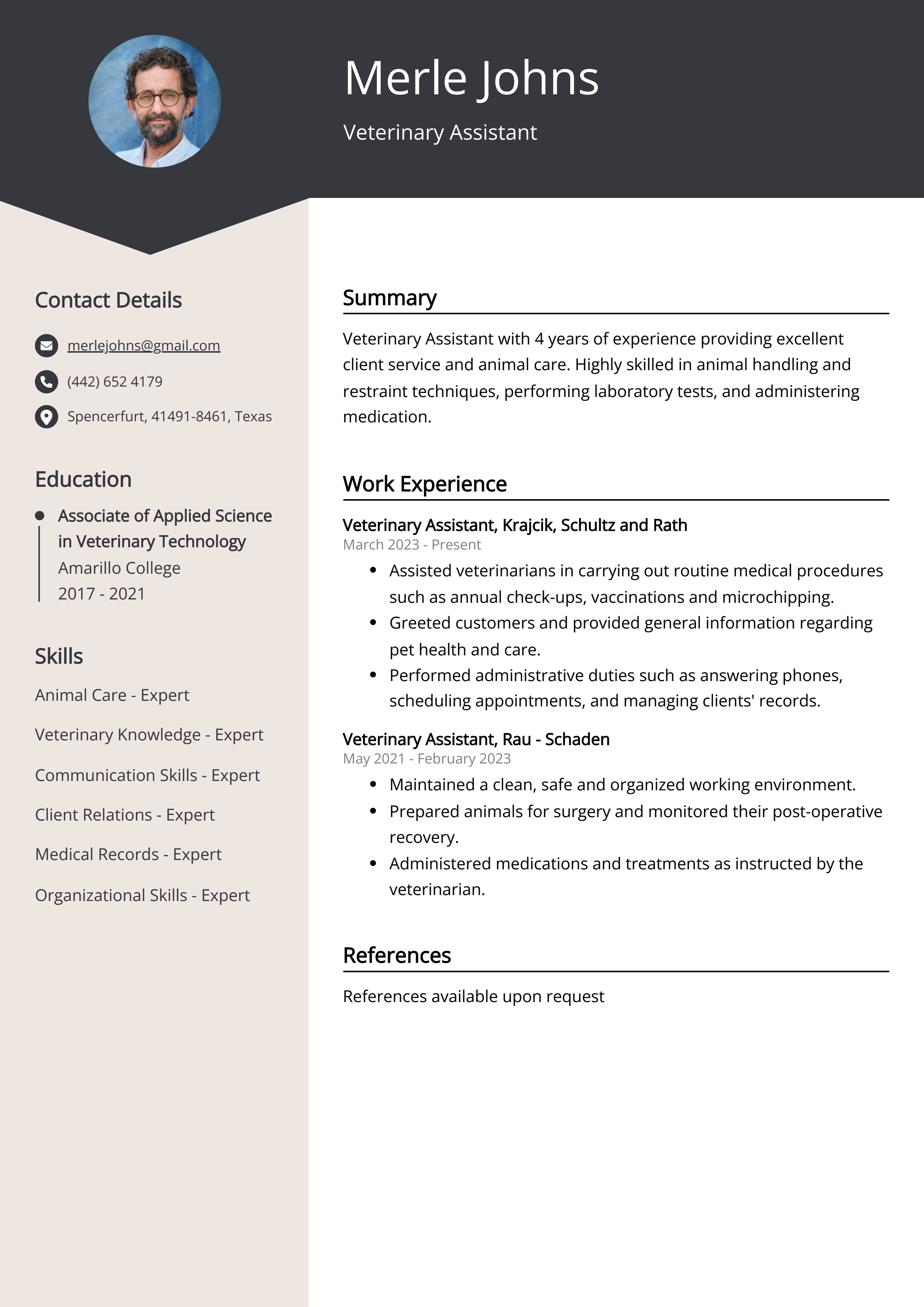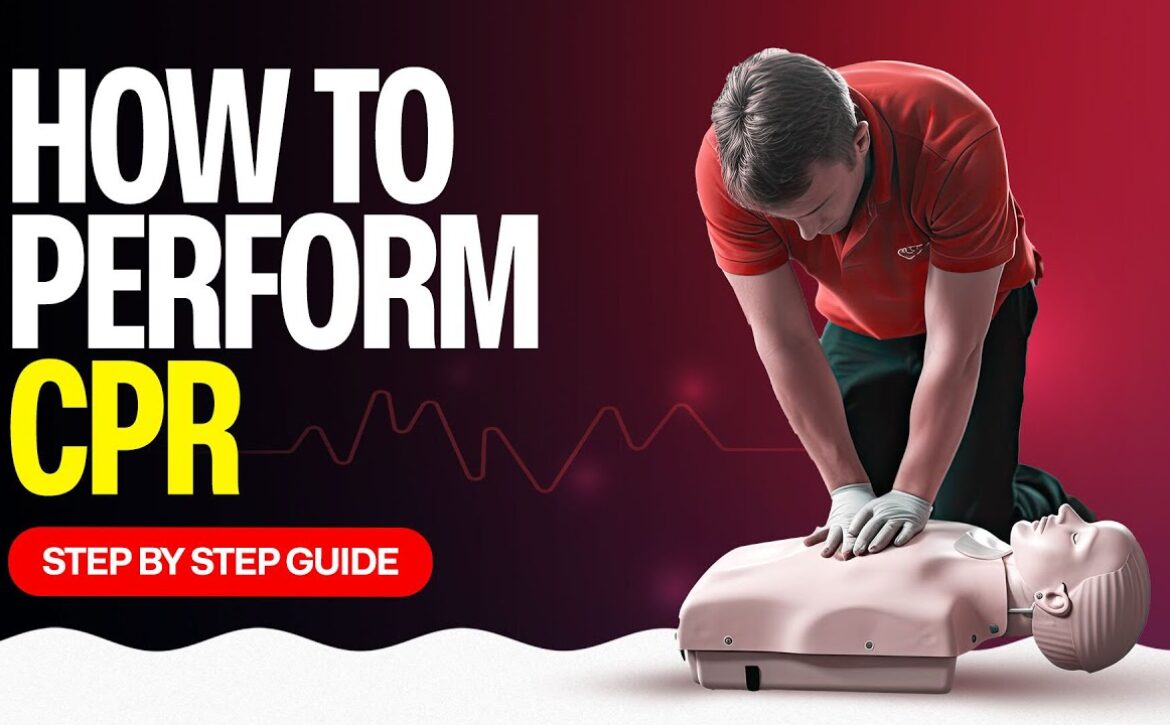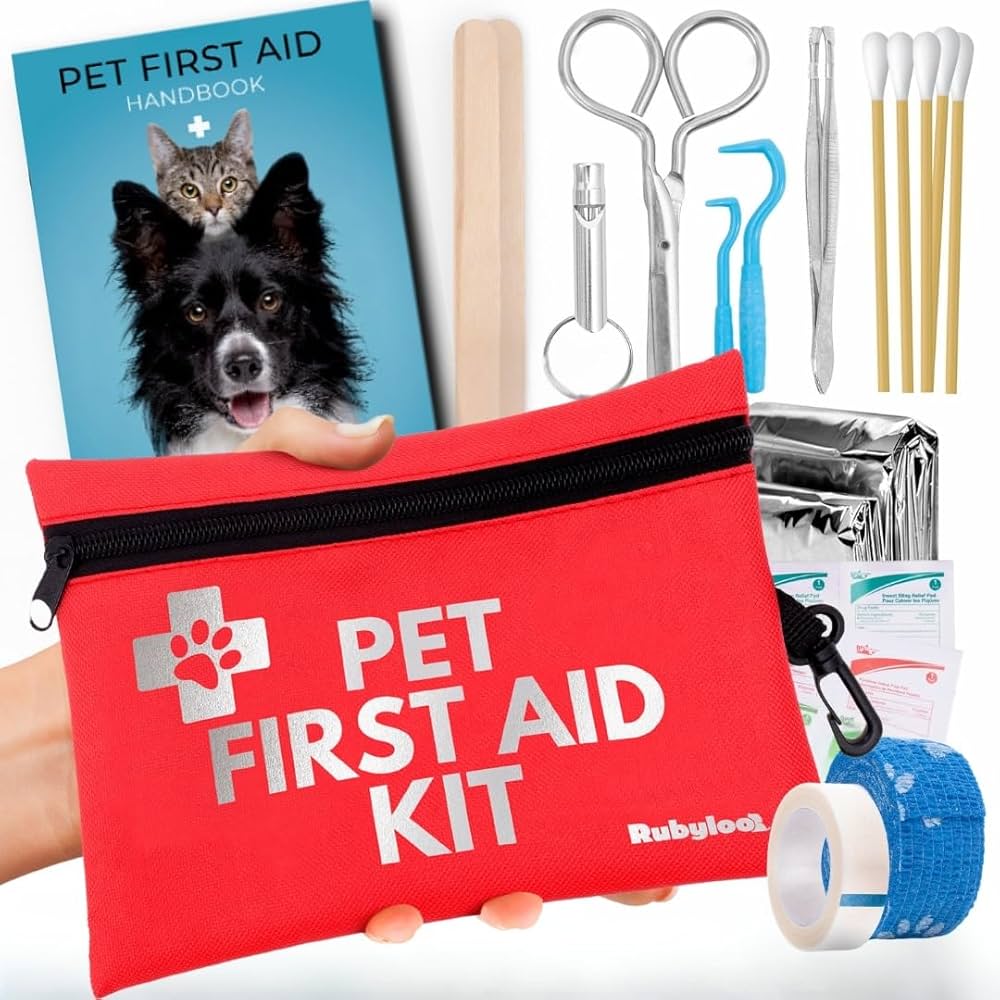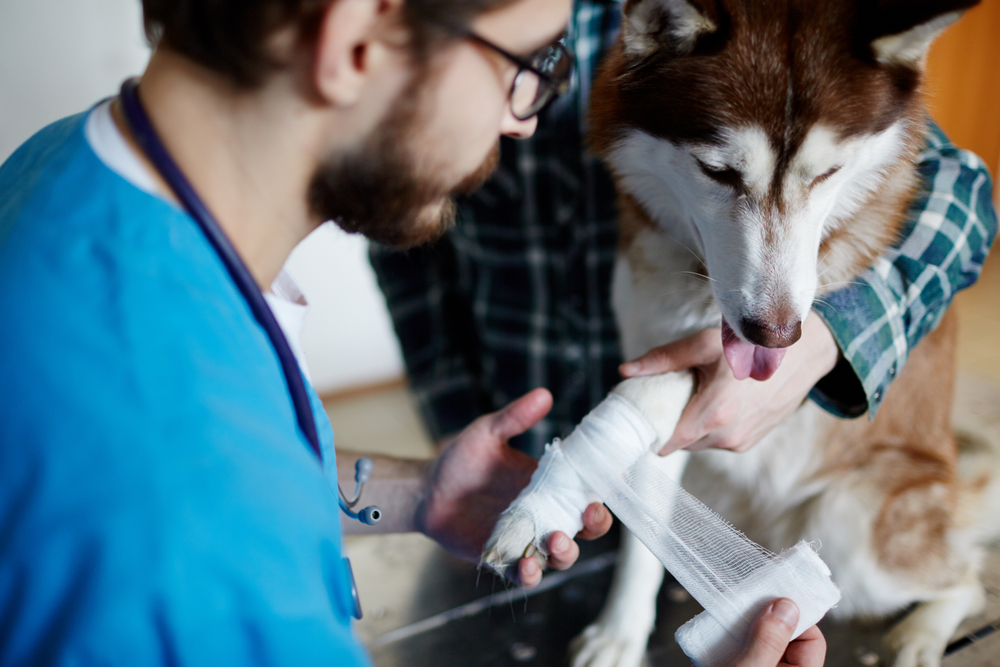How to Become a Animal Care Course: Step-by-Step Guide
Unlocking a career filled with compassion and purpose can be as simple as enrolling in an animal care course. If you’re passionate about animals and dream of making a difference in their lives, this path could be your calling.
Imagine waking up every day knowing that your work helps improve the well-being of countless creatures. It’s not just a job; it’s a vocation that brings immense satisfaction and fulfillment. In this guide, you’ll discover the straightforward steps to get started in this rewarding field.
You’ll learn how to choose the right course, what skills you’ll acquire, and how these can open doors to a variety of career opportunities. Whether you aspire to work in a veterinary clinic, an animal shelter, or even start your own pet care business, the right education is your first step. Keep reading to find out how you can turn your passion into a thriving career that makes a real difference.
Choosing The Right Course
Exploring animal care courses requires finding programs that match your passion and career goals. Look for courses covering animal behavior, health, and welfare. Ensure accreditation and experienced instructors for quality education.
Choosing the right animal care course can be a pivotal decision in your journey towards a fulfilling career in animal care. Whether you’re drawn to working with domestic pets or wildlife, the course you choose will shape your skills and open doors to exciting opportunities. With numerous options available, how do you decide which course is the best fit for you?
Accreditation And Reputation
Before enrolling, check if the course is accredited by relevant industry bodies. Accreditation ensures the course meets high standards and is recognized by employers. You want a course with a solid reputation, so look for reviews and testimonials from past students. Reputation can often reflect the quality of education you will receive. Ask yourself, would you trust an institution that others don’t recommend? A course with a good reputation is likely to offer better resources, experienced instructors, and valuable networking opportunities.
Course Content And Specializations
The content of the course should align with your career goals. Are you interested in veterinary care, animal behavior, or conservation? Review the syllabus carefully to ensure it covers topics that interest you. Some courses offer specializations, allowing you to focus on a specific area of animal care. This can be beneficial if you have a particular career path in mind. Remember, a course that matches your interests and career aspirations can greatly enhance your learning experience.
Cost And Duration Considerations
Cost is an important factor when choosing a course. Determine your budget and explore if there are scholarships or financial aid options available. The investment you make should offer a good return in terms of skills and career prospects. Consider how long it will take to complete the course. A longer course may offer more comprehensive training, but can you commit the time required? Balance the cost and duration with the quality of education and the opportunities it presents. Choosing the right animal care course is a crucial step in your career path. By considering accreditation, course content, and cost, you can make an informed decision that sets you up for success.
Prerequisites And Requirements
Embarking on a journey in animal care demands specific prerequisites and requirements. Understanding these essentials ensures you’re well-prepared and suited for this rewarding field. This section outlines the necessary educational background, skill set, and physical and emotional demands needed to pursue an animal care course.
Educational Background
Most animal care courses require at least a high school diploma. Basic science knowledge is crucial, especially biology. Some programs might prefer applicants with experience in animal-related fields. Volunteering at local shelters or zoos can provide valuable experience. Certain advanced courses may ask for prior coursework in animal science or zoology.
Skill Set And Passion For Animals
A genuine love for animals is essential. Patience and empathy are key when handling different species. Observational skills help in understanding animal behavior. Communication skills are vital for interacting with pet owners and colleagues. Problem-solving abilities come in handy when addressing animal needs.
Physical And Emotional Demands
Working in animal care involves physical tasks. Lifting heavy equipment or animals might be necessary. Long hours spent on your feet are common. Emotionally, the job can be challenging. Witnessing animal suffering or illness can be tough. Resilience and emotional strength support you in these situations. Self-care practices help maintain balance.
Application Process
Getting into an animal care course can be exciting. To start, you need to understand the application process. This process involves filling out forms, preparing a personal statement, and gathering recommendations. Each step is crucial to showcase your passion for animal care.
Filling Out Forms
Begin by finding the course application form. Ensure you have all necessary documents ready. Check deadlines carefully to avoid any late submissions. Fill out each section accurately. Provide honest information about your background. Double-check every detail before submission. Mistakes can delay your application.
Preparing A Personal Statement
Your personal statement tells your story. Explain why you want to study animal care. Share your experiences with animals. Highlight any volunteer work or jobs related to animal care. Be genuine about your passion. Keep your statement clear and concise. Avoid using complex language. Review your statement for grammar and spelling errors.
Gathering Recommendations
Choose people who know you well to write recommendations. Teachers, mentors, or employers are great choices. Ask them early to give them enough time. Explain why you need their recommendation. Provide them with your personal statement for context. Recommendations add credibility to your application. They show your dedication and skills in animal care.
Course Curriculum
Discover the essentials of animal care in this comprehensive course. Learn about nutrition, habitat, and healthcare for various animals. Gain skills through practical experiences and expert guidance.
The course curriculum for animal care is designed with precision. It ensures students gain comprehensive knowledge and practical skills. Every module focuses on different aspects of animal care. From core subjects to hands-on training, students are well-prepared.
Core Subjects And Modules
The core subjects form the foundation of animal care education. Students learn about animal behavior and anatomy. Nutrition is another critical topic covered. Modules also include animal welfare and ethics. Each subject is essential for understanding animals better. The curriculum ensures a broad grasp of animal care principles.
Hands-on Training And Internships
Hands-on training brings theory to life. Students work directly with animals. Internships provide real-world experience. These practical sessions are vital for skill development. Handling animals confidently is key. Internships often lead to job opportunities. Students gain valuable insights from industry professionals.
Assessments And Examinations
Assessments measure student progress. Exams test knowledge and skills. Regular quizzes keep learners engaged. Practical exams assess real-world application. Feedback helps students improve. Achieving high scores requires dedication. Students are encouraged to study consistently.
Gaining Practical Experience
Gaining practical experience is crucial in animal care. It bridges the gap between theory and real-world application. Hands-on experience enhances understanding and builds confidence. It prepares aspiring professionals for diverse animal care roles. Practical experience can be gained through various pathways. Each opportunity offers unique insights and skills.
Volunteering At Animal Shelters
Volunteering at animal shelters provides invaluable experience. It offers direct contact with various animals. Volunteers learn basic care and handling techniques. They assist in feeding, grooming, and cleaning. This environment fosters compassion and patience. Volunteers observe animal behavior closely. They also learn to recognize signs of distress or illness. Working with shelter animals builds strong communication skills. It’s a rewarding way to contribute and learn.
Internships In Veterinary Clinics
Internships in veterinary clinics offer a professional setting. Interns assist veterinarians and veterinary technicians. They learn about animal health and medical procedures. Interns gain exposure to diagnostic tools and treatments. Shadowing professionals provides deep industry insights. They also improve technical skills and medical knowledge. Internships often lead to career opportunities. They provide a real-world perspective on animal care.
Fieldwork In Wildlife Conservation
Fieldwork in wildlife conservation is adventurous and educational. Participants work in natural habitats with wild animals. They contribute to conservation projects and research. This experience offers a broader understanding of ecosystems. Fieldwork demands adaptability and critical thinking. Participants learn about species conservation and habitat protection. It’s a chance to work with experts in the field. Real-world conservation challenges offer practical learning experiences.
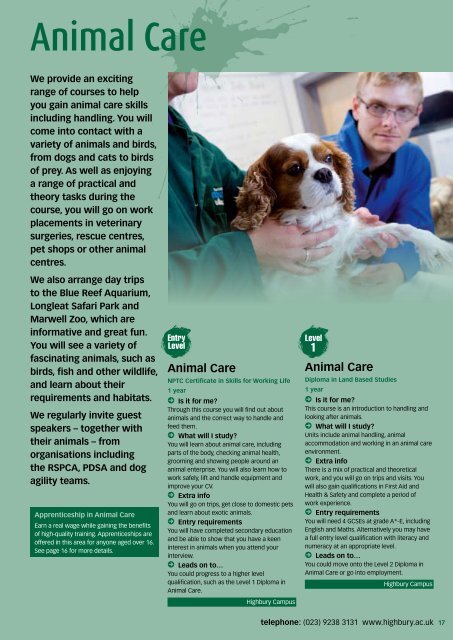
Certification And Licensure
Certification and licensure are essential steps in animal care courses. They provide proof of your skills and knowledge. Employers often require these credentials. Understanding what’s needed can be confusing. This section will guide you through the process.
Certification Exams
Certification exams test your expertise in animal care. They cover various topics, including health and safety. Passing these exams shows your competence. Study materials and practice tests are available. They help you prepare effectively.
State And National Requirements
State and national requirements vary. Some states have specific guidelines. Research is key to understanding these rules. You may need to complete certain hours of training. National requirements might be broader. Ensure you meet all necessary criteria.
Maintaining And Renewing Certification
Certification maintenance is crucial. It keeps your credentials valid. Renewal often requires ongoing education. Attend workshops or courses regularly. This helps keep your knowledge current. Renewal ensures you stay up-to-date with industry standards.
Career Opportunities
Animal care courses open doors to diverse career paths. Many find joy in working with animals. These opportunities offer fulfilling roles in various settings. Explore options in clinics, zoos, aquariums, and welfare organizations.
Working In Veterinary Clinics
Veterinary clinics provide essential healthcare to pets. Animal care graduates can assist veterinarians in these clinics. This role includes handling animals, administering treatments, and comforting worried pet owners. Clinics often have fast-paced environments. Skills in communication and organization are vital. Experience gained here can boost your career.
Employment In Zoos And Aquariums
Zoos and aquariums offer unique work experiences. They house various species from around the world. Animal care courses prepare students for roles in these institutions. Tasks include feeding, cleaning, and monitoring animal health. You may also educate visitors about conservation efforts. This career path combines animal care with public engagement.
Roles In Animal Welfare Organizations
Animal welfare organizations advocate for animal rights. They focus on rescuing and rehabilitating animals. Working here involves caring for animals in need. Graduates may work in shelters, sanctuaries, or rescue centers. These roles require compassion and dedication. Supporting animal welfare can be highly rewarding.
Continuing Education And Advancement
Explore animal care courses to gain essential skills for a rewarding career. These programs offer practical knowledge in animal health, nutrition, and handling. Online and in-person classes cater to varied learning preferences, ensuring comprehensive education in the field.
Continuing education is essential if you want to excel in the animal care industry. It opens doors to advanced skills and new opportunities. Are you ready to take your passion for animal care to the next level?
Specialization Courses
Specialization courses allow you to focus on specific areas of animal care. Whether it’s wildlife rehabilitation or equine management, these courses enhance your expertise. Imagine becoming the go-to expert in a niche that you love. These courses often offer hands-on experience. This means you can apply what you learn directly to your work. It’s a fantastic way to gain confidence and competence in your chosen field.
Workshops And Seminars
Workshops and seminars provide a dynamic learning environment. They are short-term commitments that pack a punch of valuable information. Have you ever attended a workshop and left with a notebook full of ideas? These events often feature industry experts sharing their knowledge. You get to network with like-minded individuals, which can lead to exciting opportunities. Plus, they are a great way to stay updated on the latest trends in animal care.
Advanced Degrees And Research
Pursuing an advanced degree can significantly boost your career. Degrees in veterinary medicine or animal behavior can open new paths. Are you considering becoming a leading researcher or an academic in animal care? Engaging in research projects allows you to contribute to the field. It can be deeply rewarding to discover new insights that help animals and professionals alike. Plus, advanced degrees often come with opportunities to teach and mentor others. Continuing education in animal care is not just about learning—it’s about growing. Each step you take can lead to unexpected and fulfilling career advancements. So, what will your next step be?
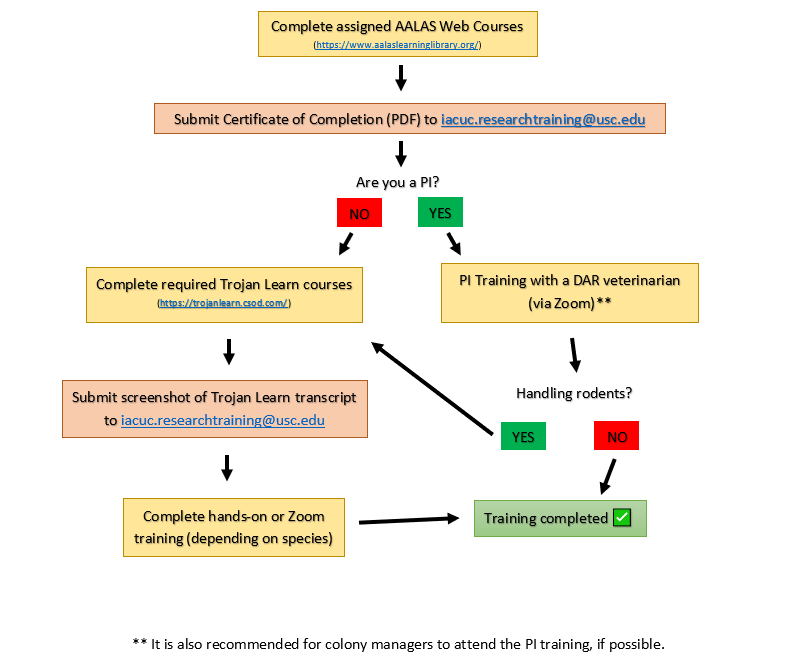
Frequently Asked Questions
What Is An Animal Care Course?
An animal care course educates students on the essentials of animal health, welfare, and management. It covers topics like nutrition, behavior, and veterinary care. This course is ideal for those pursuing careers in animal shelters, zoos, or veterinary clinics. It provides foundational knowledge for anyone passionate about animal welfare.
How Long Does It Take To Complete?
The duration of an animal care course varies. It can range from a few weeks to several months. Short courses may be completed online. Longer diploma programs often require classroom attendance. Course length depends on the depth of study and specific accreditation requirements.
What Skills Are Needed For Animal Care?
Skills needed for animal care include empathy, patience, and attention to detail. Understanding animal behavior is crucial. Basic knowledge of animal health and nutrition is also important. Strong communication skills help when interacting with pet owners or colleagues. Practical skills in handling animals are essential for effective care.
Are There Online Animal Care Courses?
Yes, many institutions offer online animal care courses. Online courses provide flexibility for students with busy schedules. They cover essential topics like animal behavior and basic veterinary care. Virtual learning may include video lectures and interactive modules. Online courses offer convenience without compromising educational quality.
Conclusion
Becoming skilled in animal care enriches both life and career. With dedication, you gain knowledge and compassion for animals. These courses open doors to rewarding opportunities. Your passion can lead to roles like zookeeper or veterinary assistant. Remember, learning is a journey, not a sprint.
Stay curious and committed to your growth. Always seek hands-on experience to enhance your skills. Each step forward brings you closer to your dream. You can make a positive impact on animals’ lives. Start today, and let your love for animals guide you.
Your future in animal care awaits.


